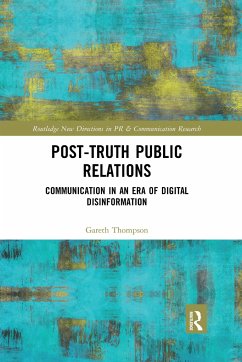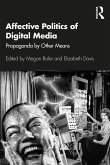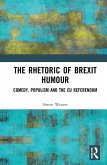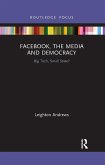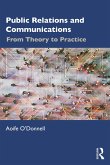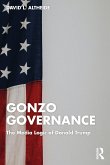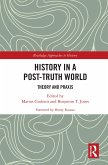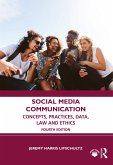This book explores the purpose, practice and effects of public relations (PR) at a time that has been variously described as an era of populism, post-truth and fake news. It considers how PR processes have contributed to the current social condition of post-truth and what constitutes PR work in this environment.
Post-Truth Public Relations: Communication in an Era of Digital Disinformation proposes that while we can now look back upon the last 80-100 years as a period of classical PR, that style is being supplemented by the emergence of a post-classical form of PR that has emerged in response to the post-truth era. This new style of PR consists of a mixed repertoire of communicative work that matches the new geometry of digital media and delivers a mix of online engagement and persuasion in order to meet the needs of increasingly partisan audiences. Using contemporary case studies and original interviews with PR practitioners in several countries, including China and the Philippines, the book investigates how PR workers have reconciled their role as communicative intermediaries with the post-truth era of digital disinformation.
This thought-provoking book will be of great interest to researchers and advanced students interested in the changing nature of PR and its practice.
Post-Truth Public Relations: Communication in an Era of Digital Disinformation proposes that while we can now look back upon the last 80-100 years as a period of classical PR, that style is being supplemented by the emergence of a post-classical form of PR that has emerged in response to the post-truth era. This new style of PR consists of a mixed repertoire of communicative work that matches the new geometry of digital media and delivers a mix of online engagement and persuasion in order to meet the needs of increasingly partisan audiences. Using contemporary case studies and original interviews with PR practitioners in several countries, including China and the Philippines, the book investigates how PR workers have reconciled their role as communicative intermediaries with the post-truth era of digital disinformation.
This thought-provoking book will be of great interest to researchers and advanced students interested in the changing nature of PR and its practice.
"The power of public relations in shaping our understanding of the world, even in the most mundane matters, has been certainly overlooked by those who don't work in the field - and perhaps even by those who do. Gareth Thompson's Post-Truth Public Relations constitutes a reckoning of the field's influence over time. He shows that public relations has set the standard of both personal and public expression in a changing media landscape, not least in today's social media environment. Perhaps the key take-home message of this illuminating book is that public relations instructs us in what 'human' means as a style of being in the world." - Steve Fuller, Professor of Social Epistemology, University of Warwick, Author of 'Post Truth: Knowledge as a Power Game'.
"Gareth Thompson's book on Post-Truth Public Relations explains what happens when fundamental divisions between rational and emotional, truth and fiction, public and private break down, and the environment around us becomes a mental pudding in all its varieties and tastes. In this world that "has had enough of experts", Thompson reveals how post-classical is supplementing and substituting classical PR. From its peak (in terms of people and resources), public relations is evolving into "a trade that has made money from epistemological fragility of post-truth". A must read for students and subjects of PR alike!" - Dr. Dejan Vercic, Professor of public relations and Head of the Department of Communication at the University of Ljubljana, and partner in Herman & partners d.o.o., Ljubljana, Slovenia.
"Gareth Thompson's book on Post-Truth Public Relations explains what happens when fundamental divisions between rational and emotional, truth and fiction, public and private break down, and the environment around us becomes a mental pudding in all its varieties and tastes. In this world that "has had enough of experts", Thompson reveals how post-classical is supplementing and substituting classical PR. From its peak (in terms of people and resources), public relations is evolving into "a trade that has made money from epistemological fragility of post-truth". A must read for students and subjects of PR alike!" - Dr. Dejan Vercic, Professor of public relations and Head of the Department of Communication at the University of Ljubljana, and partner in Herman & partners d.o.o., Ljubljana, Slovenia.

